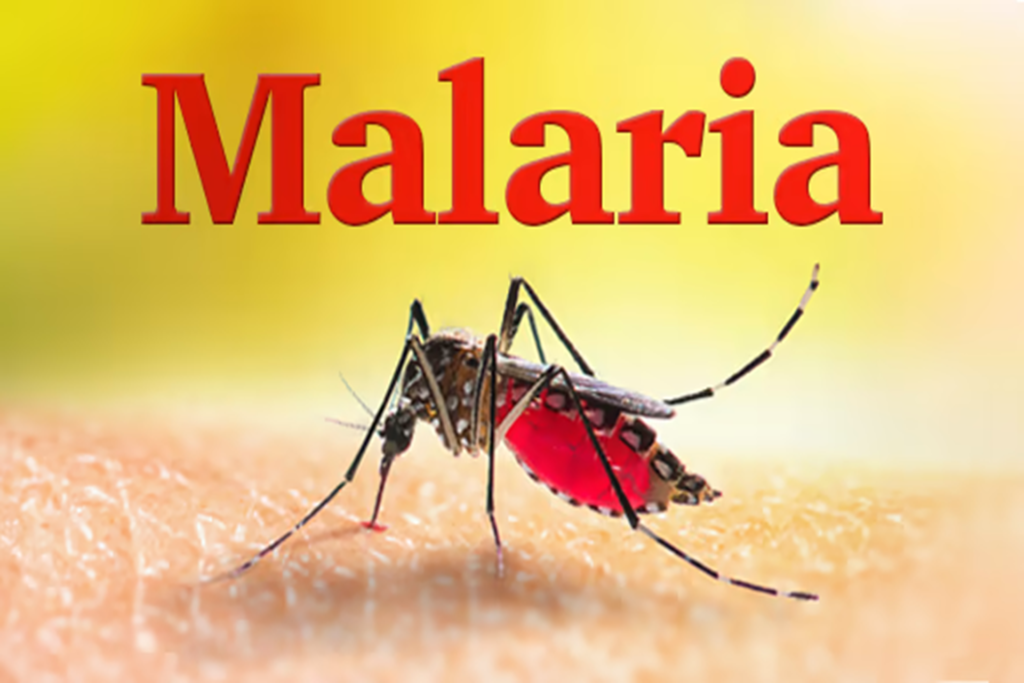
Overview:
Malaria is a life-threatening mosquito-borne disease caused by Plasmodium parasites, transmitted through the bite of infected Anopheles mosquitoes. It affects red blood cells and can lead to severe complications if untreated.
Causes:
Malaria is caused by Plasmodium parasites, primarily P. falciparum, P. vivax, P. ovale, and P. malariae. The disease spreads when an infected mosquito bites a person, injecting the parasite into the bloodstream. It thrives in tropical and subtropical regions.
Symptoms:
Malaria symptoms include high fever, chills, sweating, headache, muscle aches, nausea, vomiting, and fatigue. Severe cases may lead to organ failure, anemia, breathing difficulties, or cerebral malaria, which affects the brain.
Treatment:
Antimalarial medications such as chloroquine, artemisinin-based combination therapies (ACTs), and quinine-based drugs are used based on the type of malaria parasite. Severe cases require hospitalization, IV fluids, and oxygen therapy.
Precautions:
Preventing mosquito bites is crucial—use insect repellents, wear long-sleeved clothing, sleep under mosquito nets, and ensure proper drainage to avoid stagnant water.
Prevention:
Antimalarial medications can be taken before traveling to high-risk areas. Regular vector control measures and awareness programs help reduce malaria transmission.
For expert malaria treatment, visit KDM Hospital in Lucknow. The hospital offers advanced diagnosis, effective treatments, and round-the-clock medical support for complete recovery.
